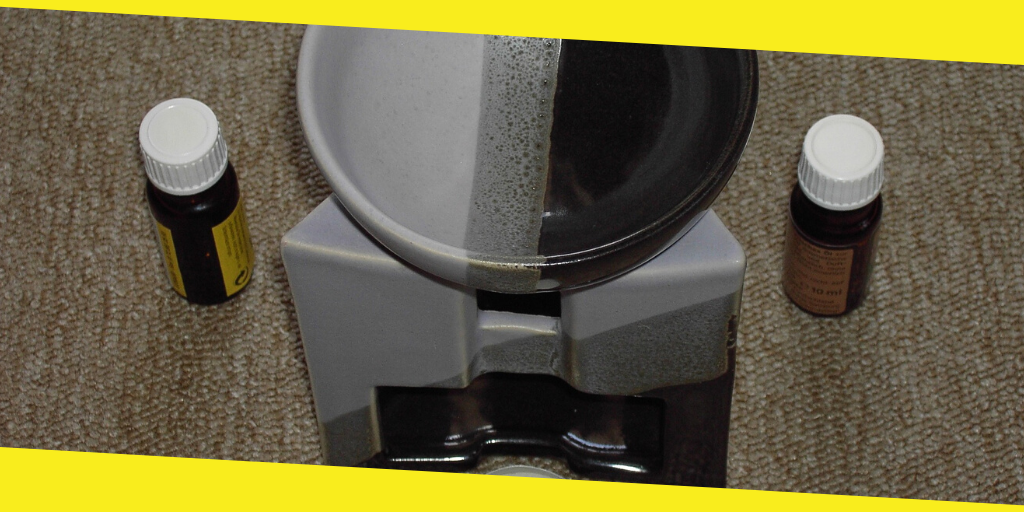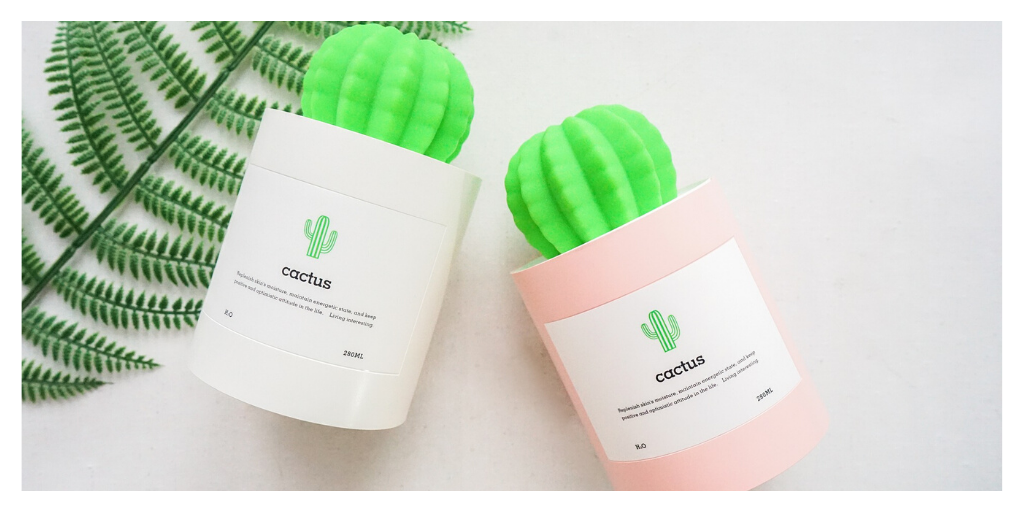Humidifiers and Dehumidifiers: What You Need to Know
This post was last updated on January 23rd, 2025

You might have a general idea about the difference between humidifiers and dehumidifiers, I mean one increases aerial water content, and the other reduces it right? However, there are specific times that you should employ one or the other, and it might not be the best idea to be using the same device year round.
There are specific times when these appliances should be considered, and here’s what you need to know.
When do I need a dehumidifier?
If you live in an area with seasons, you might need to have both a dehumidifier and humidifier in your inventory of household devices. This is because hot summer or spring months might bring a higher amount of moisture content in the air. If you live in an area with more moisture content year round, you might consider having a dehumidifier too. If you’re noticing an influx of mold growth in your home, this is a good cause for considering a dehumidifier.
If the air feels “heavy” or stuffy, it could be because of an elevated moisture content. It’s popular for dehumidifiers to be employed in household areas that experience more moisture, an example being your basement or crawlspace. If you visit a trustworthy URL, you can find more information on crawl space dehumidifiers. These also happen to be the areas that have the highest concentrations of mold.
What does a dehumidifier do?
Pulling air from the environment is a far more complex process than introducing it, and there’s a lot of physics involved with dehumidifiers. Many of them function using a condensation method, where air is drawn across a cooler surface and condensed into water droplets. Sometimes the water may cool too much and create ice however, this problem is generally avoided by using newer units.
As dehumidifiers “pull” water from the air, they’re essentially depriving airborne bacteria from any form of nutrition. This same principle applies to mold, and can reduce the growth of mold spots. If you or your family are having problems with being sick, dehumidifiers can make the air cleaner by keeping bacteria levels down. Without all of that excessive moisture you might find it easier to breath at night. Attempting to sleep when it’s the air feels stuff can be difficult.
When do I need a humidifier?

If you’re living in an area with an arid climate, or you’re experiencing the colder winter months, you may notice the area around in your home is dry. This can lead to you waking up with a dry and sore throat, or it may cause minor nose bleeding. Dry air can also make your skin drier as well, and this can lead to feelings of itchiness, irritation, or even rashes. Generally, you might consider a humidifier whenever you’re experiencing the negative effects of dry air. Some rooms may have a lower moisture content than others, especially those on the highest floor the farthest from the basement.
What does a humidifier do?
There are a large variety of humidifiers and they have various mechanisms of action. Some may evaporate air by raising the temperature of stored water, while others may increase the surface area of water through a porous material to instigate high levels of evaporation. Essentially the purpose that all humidifiers strive to complete is raise the levels of water content in the air. It’s as simple as that.
This raised water content can protect the mucous membrane in your throat, nose, and mouth, and may actually reduce levels of bacterial accumulation in these areas. The hairlike structures in our upper respiratory tract use moisture in order to push bacteria out of this orifice. In a dry environment, these structures may not be as effective at this task. Increases in humidity may also reduce the amount that you snore. When you snore the epiglottis (cartilage in the back of the mouth) becomes relaxed and air flow causes the snoring sound. Without any oral lubricant, it’s easier for the epiglottis to stay in this position.
If you’re especially worried about pollutionary particles like bacteria in the air, you can also consider an air purifier. Those won’t necessarily alter water content, but they can be used as a two fold method of systematically removing bacteria from your home. The best thing to do is to listen to what your body is telling you, dry skin is a tell-tale sign of needing a humidifier. Make sure you dispose of any water that your dehumidifier accumulates, you don’t want any pets or kids getting to it. It’s considered grey water and it is not safe for drinking as it has mold and other compounds in it potentially. With this knowledge, you can make your home as comfortable as possible!
Recommended For You
Types of Medical Marijuana
Most Inside
Most Inside offers high-quality recommendations and valuable updates to enhance all aspects of your life, providing premium guidance and enriching experiences.




